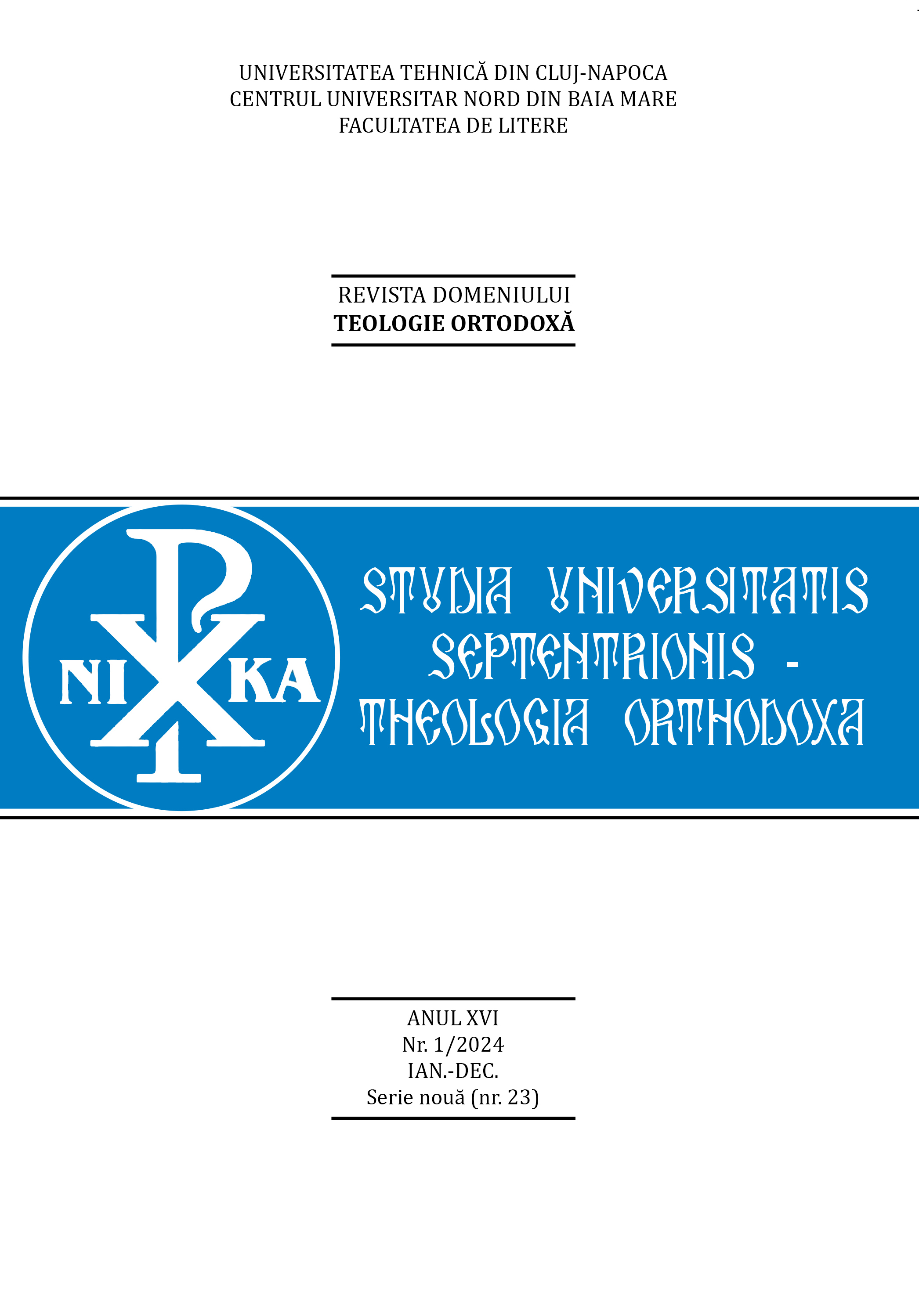Gheorghe Cucu – De la psalt la Cântările Sfintei Liturghii pentru cor mixt. Liturghia catehumenilor
Gheorghe Cucu – De la psalt la Cântările Sfintei Liturghii pentru cor mixt. Liturghia catehumenilor
Author(s): Petrică Aurelian CovaciuSubject(s): Christian Theology and Religion, Theology and Religion, Pastoral Theology
Published by: Editura U. T. Press
Keywords: Gheorghe Cucu; choral music; psaltic chant; Byzantine music; Orthodox Liturgy.
Summary/Abstract: Orthodox liturgical music serves as a vital element of worship, uniting theology and art to elevate the spiritual experience. Rooted in ancient psalmody and enriched through centuries of development, it combines doctrinal depth with artistic expression, fostering both individual devotion and communal worship. In the Romanian Orthodox tradition, the interplay between Byzantine chant and choral arrangements has created a distinctive musical heritage.Gheorghe Cucu (1882–1932) stands as a pivotal figure in the development of Romanian choral music, blending elements of Byzantine psaltic (chant) tradition with a modern choral sensibility that enriched the liturgical music of the Romanian Orthodox Church. Educated in psaltic singing at the School for Church Cantors in Bârlad, Cucu's early exposure to the rich Moldavian monodic tradition laid the foundation for his unique style, which he later refined through formal studies with notable mentors such as D.G. Kiriac and Eduard Wachman. Cucu’s work shows a remarkable ability to integrate the ethos of Byzantine and Romanian folk traditions, achieving a balance between the solemnity required in worship and the lyrical, emotive expressions of Romanian cultural heritage. As conductor of the Mitropolitan Choir in Bucharest and the Carmen Choir, he influenced generations of Romanian church musicians. His compositions, including Cântările Sfintei Liturghii, La râul Vavilonului, and Apărătoare, Doamnă, reveal his deep reverence for liturgical text, drawing listeners into an immersive experience that combines ancient modes with the depth and richness of choral harmonies. In honoring the spirit of Orthodox worship, Gheorghe Cucu’s legacy stands as a model of devotion, beauty, and innovation in Romanian liturgical music.
Journal: Studia Universitatis Septentrionis. Theologia Orthodoxa
- Issue Year: XVI/2024
- Issue No: 1
- Page Range: 209-221
- Page Count: 13
- Language: Romanian

